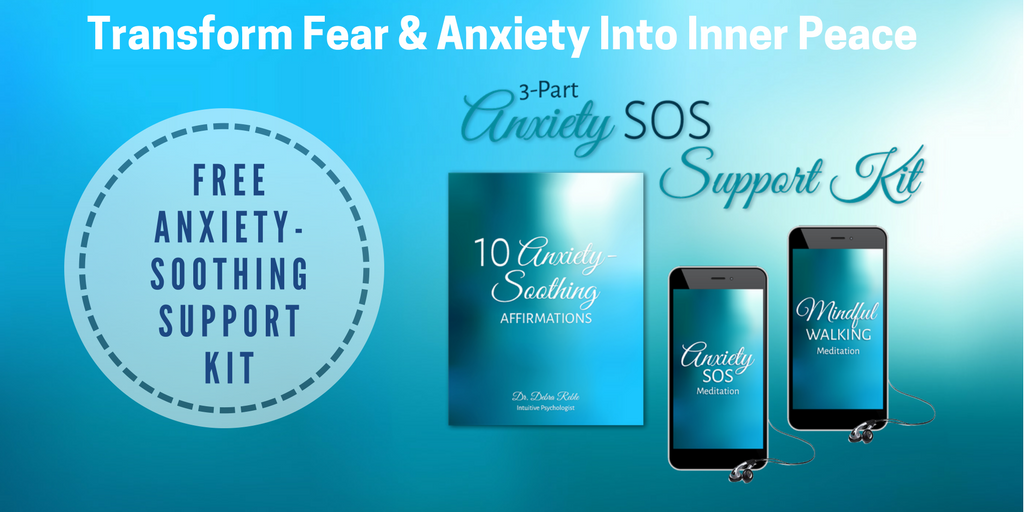
Leaning in and letting go are our greatest spiritual teachers. When we release anyone or anything, we create space for change, growth and ultimately, transformation. Whether we experience it as a tsunami or a gentle wave, each of us is up for life-altering change at these times.
Leaning in and letting go creates the sacred space for self-healing and spiritual transformation. The release of emotional pain is the key to our uncovery to love. We cannot fully open to self-love when we are clutching our hurts so tightly.
This week I said good-bye to my beloved piano. I felt incredibly blessed for the joy it has given me. The piano was gifted to me by a cousin and inspired me to take piano lessons as an adult. I gifted it to a student at the Music School Settlement in Cleveland where I once took piano lessons. Taking lessons as an adult brought me full circle and completed the journey I began as a little girl when my parents divorced, and my piano was sold.
It was nearly 27 years ago that Nancy, my piano teacher, created the Spring Recital as a safe space for her adult piano students to play for one another. I knew it would be a nurturing environment in which to be vulnerable—and yet, when I walked into the room, I immediately chose the old wicker chair in the corner, and sat huddled, trying to quell the terror mounting inside me. As the classroom doors closed, I quickly volunteered to play first so I could escape my anxiety and the underlying emotional pain that was rising up within me. When I sat at the piano and placed my hands on the keyboard, fear gripped me. My breath caught in my throat. Aware that I was holding my breath, I quickly withdrew my hands from the keyboard and inhaled deeply. In that moment, I wanted to hide under the piano; instead, I watched myself deliberately place my hands back on the keyboard.
As I played the first few notes of a Bach concerto, I felt myself free-falling into my past experience of fear. Losing my place, I made several mistakes. Every time I played a wrong note, I chastised myself, until finally I pulled my hands away from the keyboard as if it were a hot stove.
I started over, but as soon as I made a mistake I stopped and scooted the piano bench back away from the keyboard. Soon I couldn’t move my body forward or bring my hands back to the piano. I put my head down and felt shame sweep over me like a tidal wave. Scared of falling apart in front of everyone, I quickly took my seat among the other students.
While I sat there, shame and disappointment grew until I dissociated from myself like I had always done in painful situations. Experiencing myself outside of my body, I faintly heard Nancy and the other students discussing my performance, yet at the same time I observed myself from the outside, as if I was still seven years old, just hearing the news of my parents’ impending divorce.
When I was young, I spent hours in the basement of my parents’ house playing my old, secondhand upright piano. I would lose myself in the tinkle of the keys while the chaos in my family played itself out in the rooms upstairs. One day, after blissfully skipping home from a piano lesson, I walked into our kitchen only to interrupt a conversation between my parents about getting divorced. Later I found out that my piano would be sold, as there wasn’t space for it in the one-bedroom apartment I would soon share with my mother and two brothers. I would have no more piano lessons.
Jolted back to the reality of the Spring Recital, I watched as the students played their chosen pieces, and, touched by their music, I gave myself permission to feel the pain of my loss. After the others had finished playing, Nancy looked over at me, her eyes encouraging me to return to the piano and finish my piece. This time, within the first measure I played a wrong note but took a deep breath, kept my hands on the keys, acknowledged my mistake, and began again.
This time, I played from my heart. I let go of needing to do it “right”—and as I did, I stepped over a threshold from the past to the present, and realized that I had let go of my pain. In the safe environment of the Spring Recital, I had finally been able to release my past. Soon my fingers moved more fluidly over the keys.
After I played the last chord, Nancy put her arms around me, and I fell into them sobbing. I had played my entire piece by heart. But more importantly, I had courageously confronted the pain inside myself, released it, and gained awareness of the love that remained at the source of my authentic self.
Leaning into and letting go are acts of courage. They allow us to become our own heroes, and step into the unknown not as frightened human beings, but as powerful spiritual beings. The heart-based practices of leaning into and letting go opens us to our most authentic highest self so that we can create a soul-hearted life.


Thank you, Nancy, for this beautiful, heart-warming piece. I felt every emotion as you described it. I celebrate your willingness to be vulnerable and to face your wounds with such courage. Please know that you have touched my heart deeply…
Sorry, Debra. I typed Nancy instead of your given name. Looks like I’m the one who’s embarrassed by my mistake now!
No worries I will just be Nancy today! <3
Thank you Rosemary for your heartfelt note of love. Knowing that I have touched you deeply has made it all worthwhile <3